Specific Disclaimer: I do NOT want to die. I do NOT have thoughts of harming myself or others. I am NOT thinking about a drink. I want this known in advance since many people who may read this know me more personally and may worry about any of those three items. Also: I didn't proofread this and it is probably rambly.
I want to tell you a story. This story is about a woman who is struggling right now [okay, this obviously autobiographical, shove off]. A woman who has not stopped doing all of the things that helped her survive and manage in her own life quite successfully for years. She is even trying to add more barriers against the darkness, yet her life and her brain are getting worse. This story isn’t so much about the getting worse, those feelings of dread and betrayal and paranoia. It isn’t about being lost in a fog that she fought through and left behind. It isn’t even really about her. It is about the people around her and the world that surrounds her and their assumptions.
This woman lives in America. In America, the healthcare system is precariously dangling by a thread right now, though it had only been precariously propped upon a precipice before that. :::shrug::: She “has access” to a number of service providers through her welfare-provided insurance coverage because she is disabled and can’t work enough to provide for herself and her family. Some of these providers are excellent. Though, it becomes harder and harder to find them in the sea of the ones who just want to shift you on to the next doctor or glance over your history while never making eye contact before rattling off an opinion.
She has waited 5 months for a referral to a neurologist. The neurologist would prefer to diagnose her condition as psychiatric without even scheduling an appointment, despite her long and continuous psychiatric care team who back the referral.
This woman lives in America, where ableism has taken new forms as people become aware that maybe people who struggle with some things are still humans. Some people are over-compensating and unintentionally now use any good disabled poster child as something that is referred to as “inspiration porn”. This falls neatly into two categories: category A is when poster-child is disabled and does something “remarkable” or manages to “manage” or “appear normal”; category B is when poster-child is not disabled but publicly treats a person with a disability [or any marginalization really] with the respect and dignity one would afford any “normal” person. [The use of quotations around normal is intentional, as my brain isn’t functioning so well these days and I don’t feel like attempting to rattle off all of the terms for people who aren’t disabled, marginalized, or otherwise “othered” for no reason other than circumstance].
This woman lived for years in darkness after her diagnosis and disability crashed her against the rocks right when life seemed to be settling into something beautiful; only a siren song. She tried to die. She missed by merely a hair and became a statistical anomaly. Or a “miracle” depending on where the listener falls on the ableism scale*. [Religious people might also see this as a miracle and not condescend based on disabilities….so I’m not talking about that.] Again, that isn’t the story, the story starts here:
She was told she could get better, that she could get back to a place where life felt beautiful and she felt she had a purpose, if she did all of these things [insert medication, self-care, coping strategies, support, etc etc that she had been trying to do for those dark years]. And if she quit drinking. She had wanted nothing more than to quit drinking once she realized that she couldn’t stop. They showed her how. For the next five years she did everything “right” and her life was amazing. Or, at least, her life was amazing compared to what she knew of life intimately. And she amassed friends who had been there and friends who were struggling still and friends who knew others who struggled, and some who had no personal experience with these kinds of struggles. She shared openly of her experiences and some people’s reactions were expected and humane, some people could relate and empathize, other people reacted oddly. They called her “brave” for breathing and wanting to breathe*. They called her an “inspiration”*. They got angry because why couldn’t [insert friend or relative] just be more like her and take care of their kids better? Well? Why the fuck not?!?
She got worse. Nobody knows why yet. She didn’t stop trying. She didn’t give up. And she is struggling and fighting every day to just get fucking back to when she was better. But her kids are gone because she can’t manage. Guess who isn’t anyone’s inspiration porn right now?
There are new fun reactions. The bubble phenomenon. This is something she hadn’t experienced since The Time Before The Miracle. It is still condescending as fuck. This is when a person, or a group of people, or the whole world shield you from information or experiences because :::whispers::: disabled. When you don’t ask for it. This world needs more accessible support and accommodations for people with disabilities. When they ask for help. When they specifically need a specific accommodation. When you decide what will protect this person without their input, you are not helping. You may actually be hurting them more. She was hurt more. She felt that those she cared about, those whom were supposed to care about her, didn’t trust her. Maybe they never looked up from the her on paper to make eye contact. Maybe they weren’t actually listening and too busy reading between the lines or patting themselves on the back for caring about her. Maybe they met her when she was functional and assume she did something to deserve this [go read Job] or quietly resent her for pointing something out:
There is no getting better for good from mental illness
I mean, maybe there is for some people. I hope so. But, this comes in waves. Nobody told her this. Nobody said, “Hey, you know...you’re doing really fucking awesome right now on this upward trajectory/steady plateau. But, you should be aware that it might all just fucking fall away for no apparent reason. It might get hard again and we may struggle to get you back here. You might have to give your kids away “temporarily”. Let’s add that word because it makes us both FEEL better.”
You might one day pity your inspiration porn. She sees that pretty clearly right now in the microexpressions of her friends. In word choice, or wordlessness.
And all she actually wants. All she ever wanted, was the same dignity and respect afforded to other human beings. She just wants to be human. And right now, she just wants to feel human again. And she will claw her way back to a normal where she can take care of her kids or she will die trying to get there.
So, that’s the story. Just treat your friends and everyone else like humans.
*those asterisks up there (about people’s reactions to shared experiences and the bubble phenomenon) are because when these things are said by people who share in the struggling and it is about hope and empathy in community, it is different and not offensive [again: in my experience. Use caution/judgment/choose your words carefully if you are unclear how a comment might be taken. Sometimes it is better to just listen or ask how you can help. But supportive words are helpful when boundaries aren’t crossed or assumptions made for or about the person.]
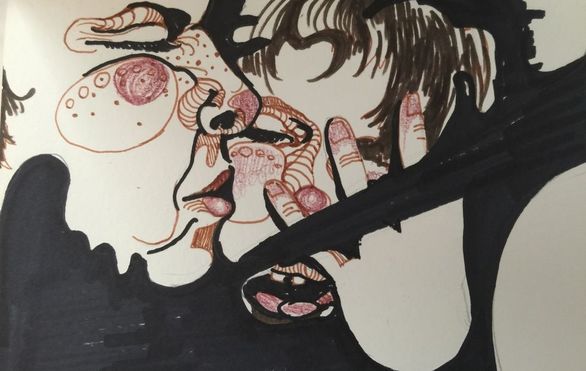

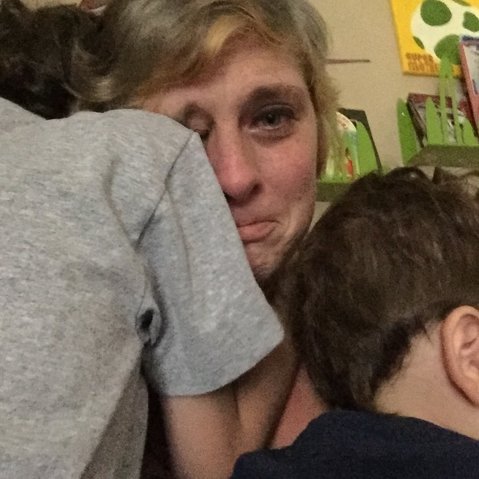
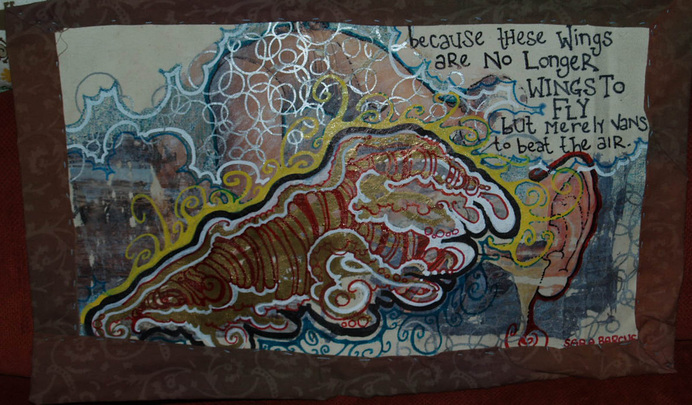
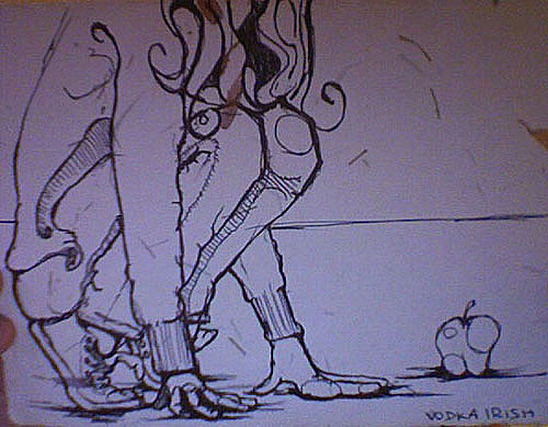




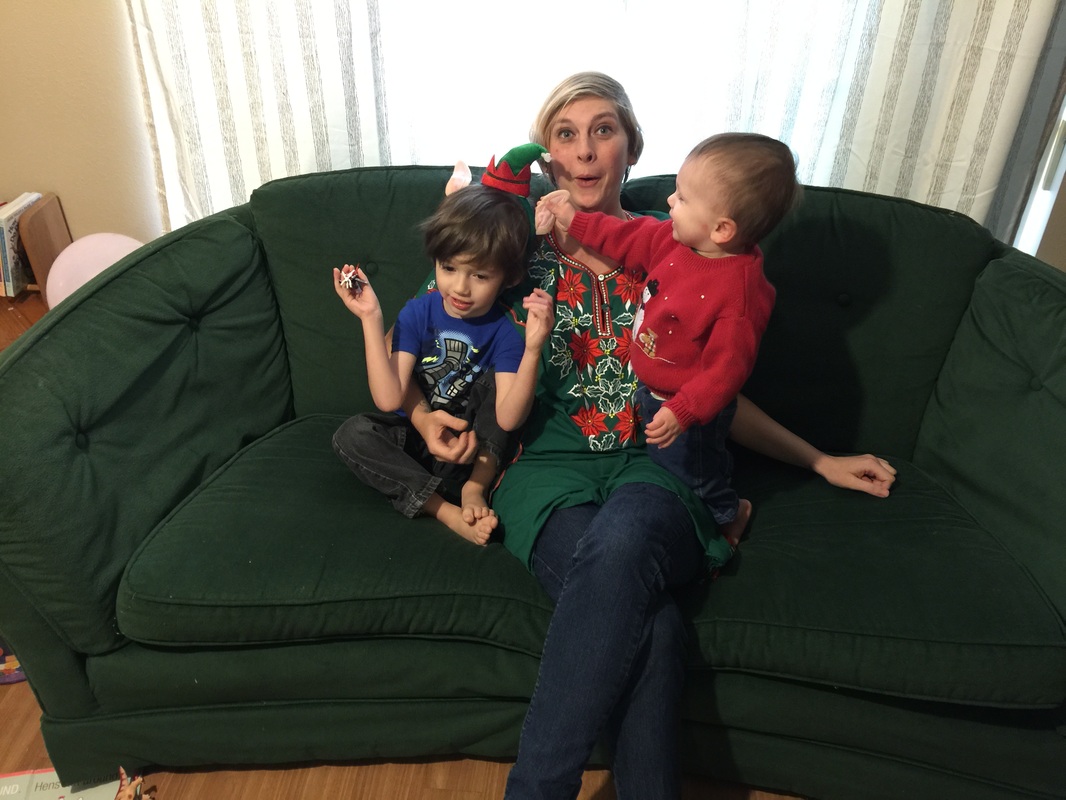
 RSS Feed
RSS Feed
